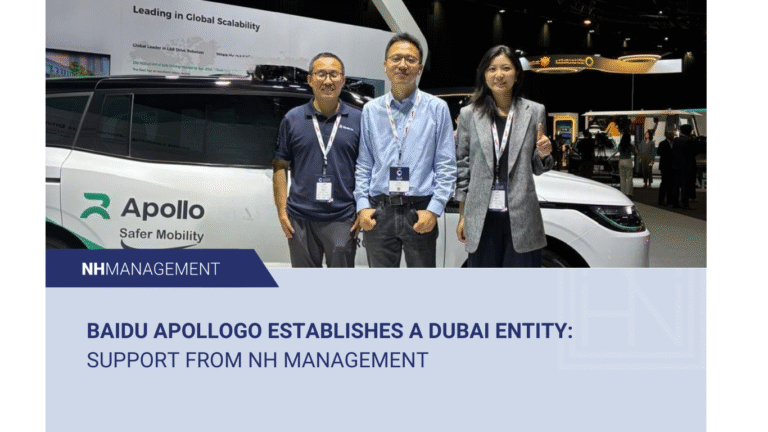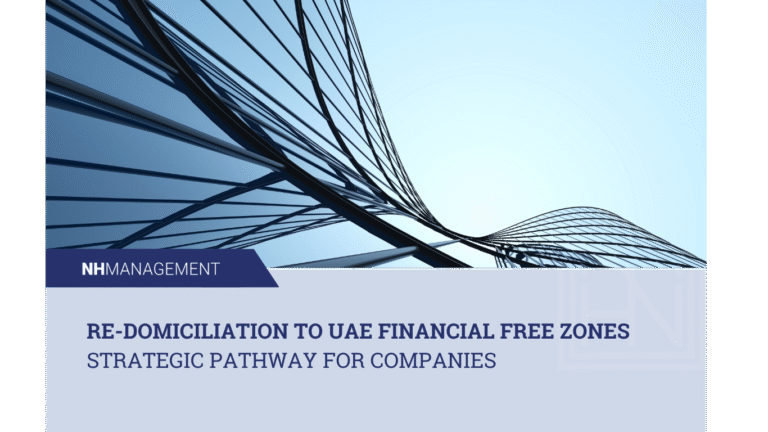Key Trends Shaping the UAE Real Estate Market
The UAE real estate market remains one of the most dynamic and attractive in the world, known for its world-class developments, architectural innovation, and investor-friendly policies. As the nation continues to evolve economically and socially, a new wave of trends is reshaping the property landscape.
This article explores the most influential UAE real estate trends, offering investors, developers, and stakeholders a strategic understanding of the evolving market. Staying informed on the latest UAE real estate trends is key to making smart, forward-looking investment decisions.
1. Sustainability and Green Development
Sustainability is no longer optional—it’s a core priority. The UAE is leading the region in implementing green building regulations and sustainable design practices.
-
LEED certifications and UAE Green Building Council guidelines promote sustainable construction.
-
Developers are adopting energy-efficient designs with smart home technologies, solar panels, and eco-friendly materials.
-
Initiatives like Dubai’s Clean Energy Strategy 2050 reflect the government’s commitment to sustainable growth.
Investor Impact: Green-certified properties often attract premium tenants and command higher rental yields.
Sustainable projects are becoming a defining feature of UAE real estate trends, appealing to environmentally conscious investors and tenants alike.
2. Growing Demand for Affordable Housing
While Dubai is famed for its luxury developments, the shift toward affordable housing is accelerating.
-
Government-backed programs such as Dubai’s Housing Programme support middle-income housing.
-
Developers are launching affordable projects in emerging suburban areas.
-
These initiatives align with long-term goals for inclusive urban development.
Investor Impact: This segment presents portfolio diversification opportunities and access to a high-demand tenant base.
Among the most notable UAE real estate trends is the growing focus on affordable housing for middle-income residents.
3. Technology Integration in Property Development
A surge in PropTech is transforming how real estate is designed, marketed, and sold in the UAE.
-
Smart buildings feature IoT devices, energy-saving automation, and remote access systems.
-
Virtual and augmented reality (VR/AR) tools now support property tours and interior planning.
-
The Dubai Land Department is adopting blockchain for secure digital transactions.
Investor Impact: Tech-enabled properties may appreciate faster and attract younger, tech-savvy renters.
The use of smart technology and blockchain is reshaping how investors interpret and respond to UAE real estate trends.
4. Rise of Mixed-Use Developments
The “live, work, play” model is becoming the blueprint for future developments.
-
Developers are designing integrated communities with residential, retail, and commercial spaces.
-
Amenities include healthcare centers, schools, co-working hubs, and recreation zones.
Investor Impact: Mixed-use properties offer stable occupancy and diversified income streams.
Mixed-use developments are gaining popularity and represent a core aspect of current UAE real estate trends.
5. Expansion of the Secondary Market
While off-plan projects remain popular, the secondary market is gaining traction.
-
Investors are increasingly drawn to ready-to-move-in properties in established areas.
-
These units offer immediate rental income and more price stability than off-plan units.
Investor Impact: The secondary market allows for quicker returns with lower overall risk.
This evolution in buyer behavior further reflects the shift in UAE real estate trends toward more stable, income-generating assets.
6. Regulatory Developments
Government regulations are enhancing transparency and investor protection.
-
New off-plan regulations safeguard buyer interests.
-
Rent cap laws help stabilize the rental market in certain Emirates.
-
Long-term residency visas for property investors are boosting foreign ownership.
Investor Impact: A more regulated and secure investment climate increases confidence and reduces risk.
7. Health and Wellness-Focused Real Estate
The post-pandemic era has increased demand for wellness-centric living environments.
-
New developments now include air filtration, touchless access, fitness zones, and green spaces.
-
Biophilic design—bringing nature into built environments—is gaining popularity.
Investor Impact: Wellness properties attract high-end tenants seeking quality-of-life benefits.
8. Lifestyle-Oriented Communities
The focus is shifting toward thematic developments built around lifestyle experiences.
-
From eco-living to arts and sports-centered neighborhoods, community branding drives buyer interest.
-
Social spaces like galleries, sports academies, and cultural hubs enhance tenant satisfaction.
Investor Impact: These communities encourage long-term occupancy and support premium pricing.
9. Digitalization of Real Estate Transactions
The UAE is at the forefront of digitizing the property market.
-
The Dubai Land Department offers fully digitized property registration.
-
Virtual property viewings and blockchain-based transactions are becoming mainstream.
-
Cryptocurrency and digital wallets are being piloted for future payment systems.
Investor Impact: Faster, more transparent, and lower-cost transactions make UAE real estate more accessible to global buyers.
Increased adoption of digital tools for buying, selling, and managing property is becoming a major feature in UAE real estate trends.
The Role of Free Zones in Real Estate Growth
Free zones such as DMCC, JAFZA, DSO, ADGM, DIFC, and Sharjah are major drivers of real estate demand.
-
Their business-friendly policies, 100% foreign ownership, and tax benefits attract entrepreneurs and expats.
-
These zones have become hubs for both residential and commercial developments, boosting occupancy and property values.
Investor Impact: Properties in and around active free zones yield strong rental income and capital appreciation potential.
The rise of demand in zones like DMCC and ADGM underscores how free zones are influencing UAE real estate trends.
Invest Smarter with NH Management
At NH Management, we help investors capitalize on emerging UAE real estate trends through expert analysis, regulatory insight, and investment planning. Whether you’re targeting residential, commercial, or mixed-use properties, we guide you through setup, legal compliance, and long-term investment strategy.
Our services include:
-
Market-entry strategy and feasibility studies
-
Free zone company setup for real estate investors
-
Regulatory and legal support
-
Bank account opening and visa assistance
Start Your UAE Real Estate Investment Journey Today
The UAE real estate market is evolving—those who stay ahead of the trends are the ones who reap the greatest rewards. Let NH Management help you seize the right opportunities with strategic, future-proof investment guidance.
Contact us today at info@nhmanagement.com or call +971 4 222 1327 to speak with our real estate consultants.







